What is Universal design for learning?
The concept of universal design originated in architecture. Architect Ron Mace described it as:
“…the design of products and environments to be usable by all people, to the greatest extent possible, without the need for adaptation or specialized design.”
The Universal Design for Learning (UDL) framework adapts this view to learning by suggesting ways to design a curriculum that promotes success to the highest amount of people possible. It aspires to make learning accessible to students with disabilities instead of making accommodations to the curriculum on a case-by-case basis.
This framework is divided into three main principles. The first principle is to provide multiple means of representation, which means presenting the information to students in multiple ways. The second principle is to provide multiple means of action and expression, which means giving students variety of ways to express what they know. The third principle is to provide multiple means for engagement. The purpose of the third principle is to stimulate interest and motivation by presenting multiple ways for students to engage with the material.

research aim
Our aim is to employ the UDL framework to support instructors in increasing the access and meaningful learning for students with a wide range of abilities in the context of undergraduate chemistry. Specifically, this project focuses on creating professional development resources to be integrated into Graduate Teaching Assistant (GTA) training. To support GTAs in conceptualizing UDL and implementing UDL-aligned instructional strategies in their teaching, our research team is creating targeted video-based lessons designed to be incorporated into GTA professional development (PD).
This project will contribute to our understanding of how to connect theory and practice to make UDL-aligned instructional strategies better understood and more widely implemented in undergraduate chemistry courses. Additionally, our project aims to contribute to the diversity and inclusion of people participating in STEM fields, particularly in chemistry. As a fully bilingual project, we anticipate our work will be used to support increased participation of people with underrepresented minorities as well as disabilities in STEM.
Our project is funded by NSF award: #2235421
Our Partners
We have partnered with three Hispanic-Serving Institutions whose GTA training programs and departmental needs are being observed and discussed with faculty and instructors. This is with the aim of creating audio/visual training materials that are adaptable to specific departmental needs. Training materials will be implemented at these sites to support chemistry instructors in implementing UDL-aligned inclusive teaching strategies.
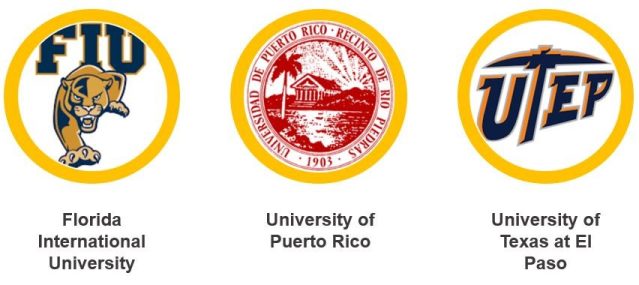
In January of 2024, Dr. Saitta and Kathleen Lugo Charriez conducted a workshop at the University of Puerto Rico, Rio Piedras Campus. Kathleen presented on using the UDL framework to increase access for students in chemistry courses. We are grateful to the Chemistry Department of the University of Puerto Rico for their hospitality and partnership in this project.
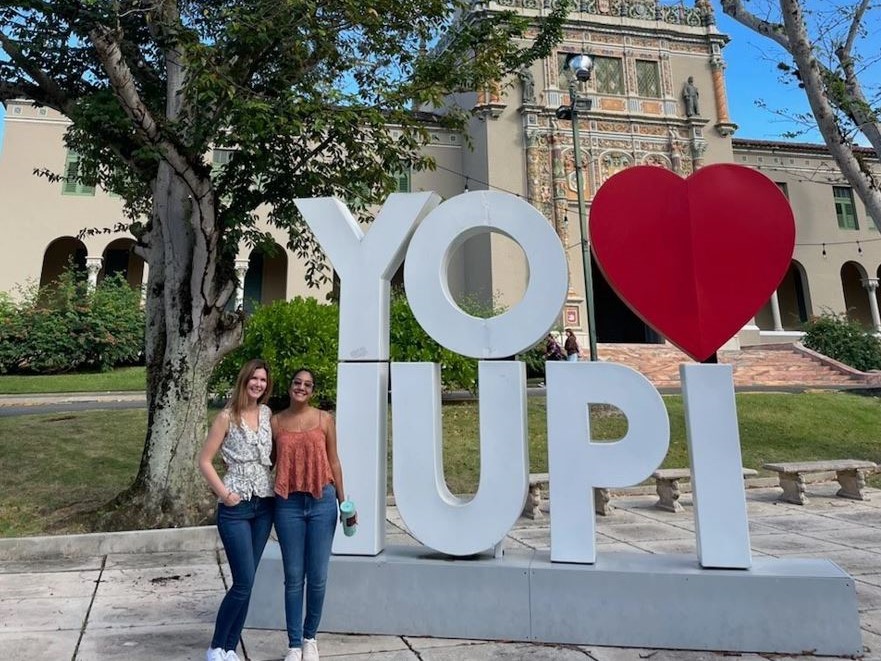
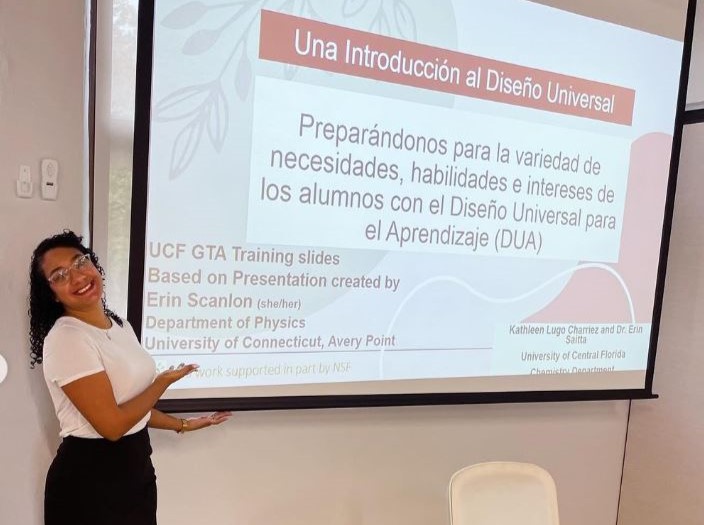
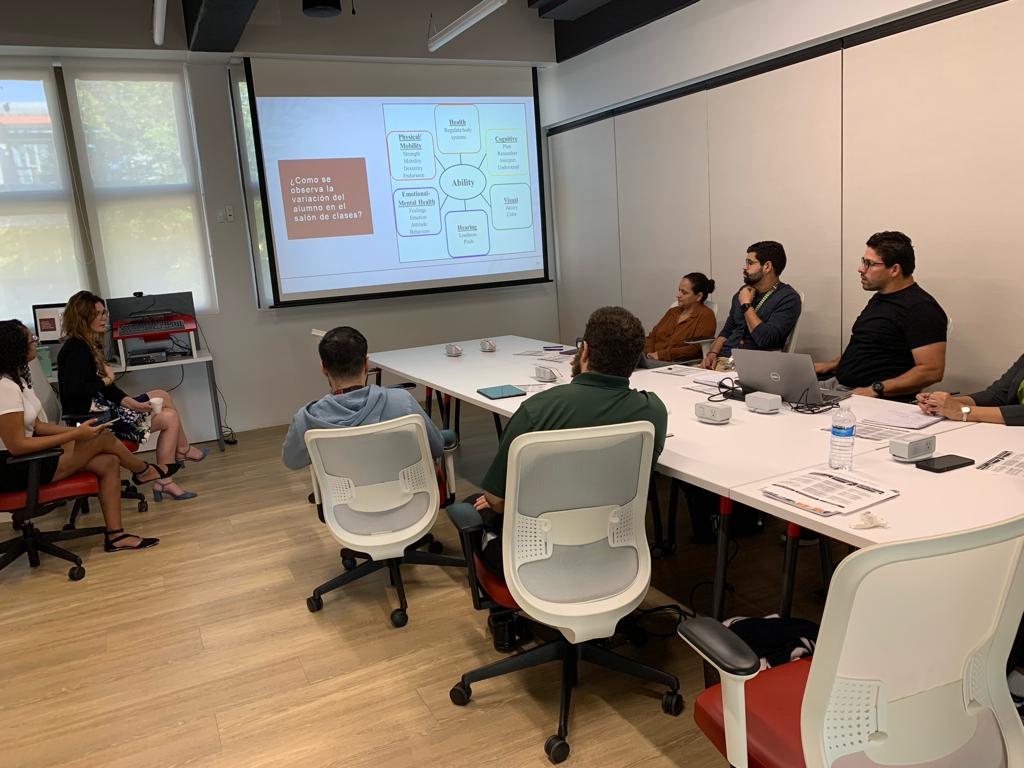
Project team

Kathleen Lugo Charriez
Kathleen Lugo Charriez is a graduate student in the Chemistry Department at UCF. She is working under Dr. Erin Saitta spearheading this project. As a Latina woman in STEM, Kathleen has developed this project as fully bilingual.
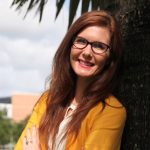
Erin Saitta
As the PI of this project, Dr. Saitta has over a decade of experience in professional development and evidence-based curricular design. She leads the creation of the professional development materials in this project as well as coordinates the GTA training sessions for the host institution.

Jacquelyn Chini
Jacquelyn Chini is an Associate Professor in the Physics Department at UCF. She is experienced in physics education research and studies how research-based instructional strategies are best adapted for diverse student, instructor and institutional populations. Dr. Chini contributes to the creation of the professional development materials in this project.
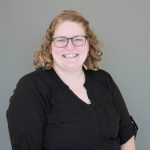
Erin Scanlon
Erin Scanlon is an Assistant Professor in Residence in the Physics Department at University of Connecticut: Avery Point. She is a physics education researcher who works to assess and increase the support of SWD in STEM courses. Dr. Scanlon leads the data analysis team and contributes to the creation of the professional development materials in this project.
